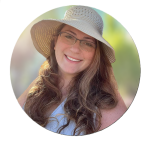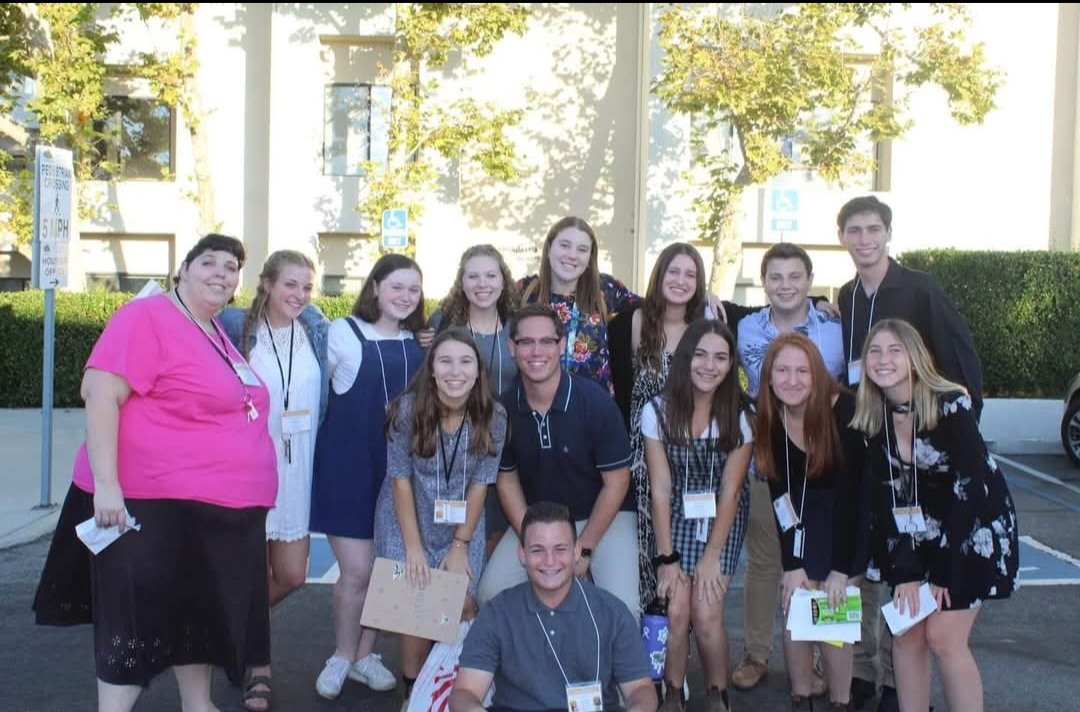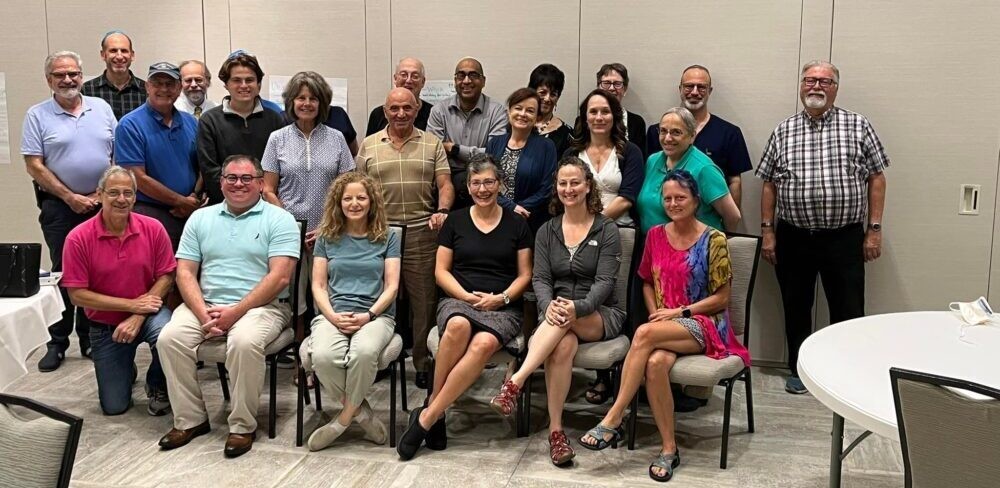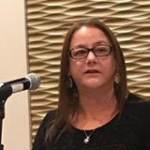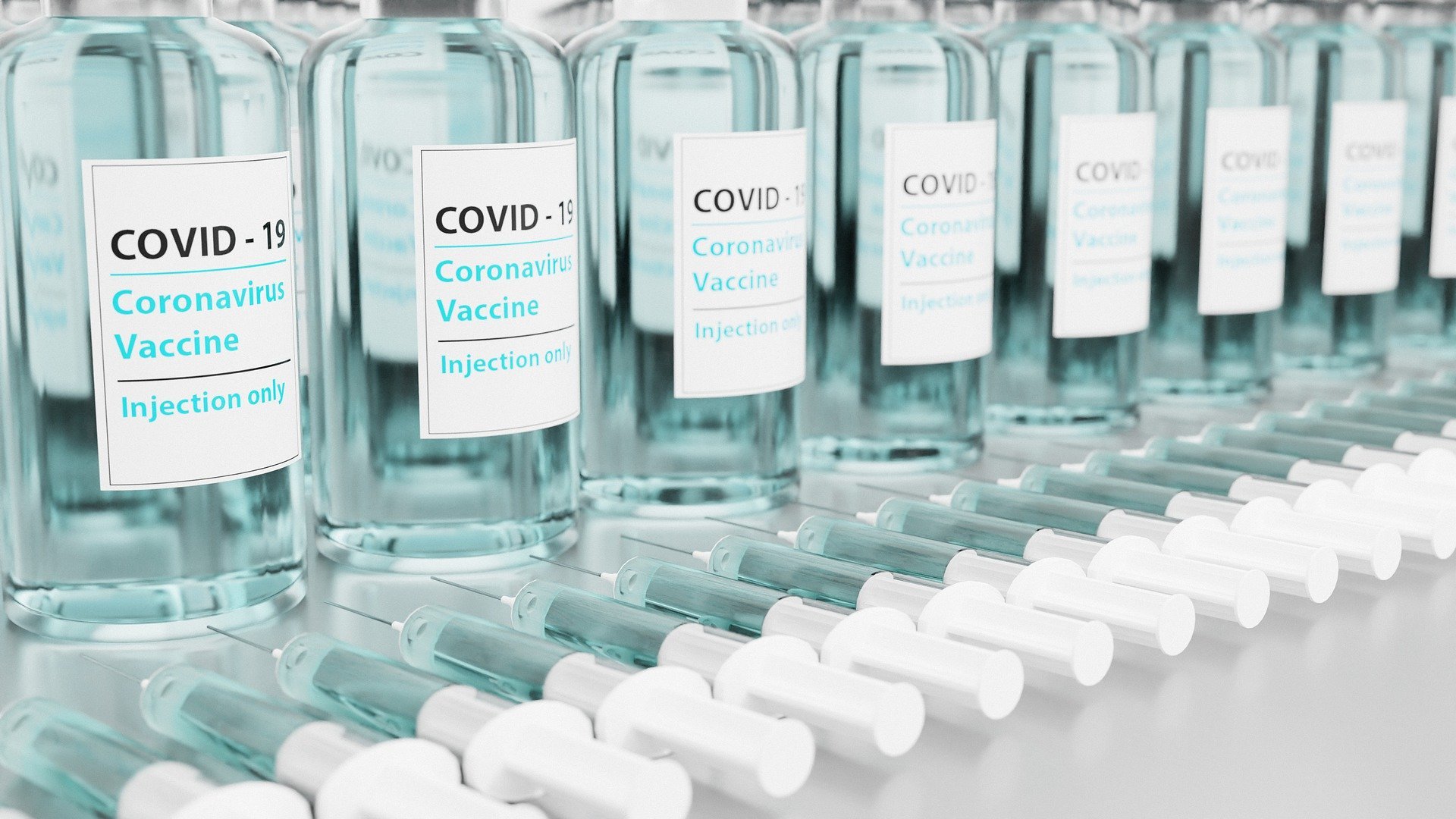
What’s the proper blessing for a vaccine?
I saw this modern Talmudic debate play out on my social media feed over the past few days, as a number of rabbis posted videos of the first COVID-19 vaccinations in the country.
One popular option is the she’he’che’yanu, the traditional blessing for encountering a new experience, or when arriving at one of our many yearly holidays. It’s a blessing that expresses our gratitude to God for “giving us life, sustaining us, and bringing us to this moment.”
Another option is ha’tov v’ha’mei’tiv, the traditional blessing for hearing good news, which thanks for “being good and doing good.”
A third possibility is ha’rofeh kol basar u’maf’li la’asot, the traditional blessing that thanks God for the proper functioning of our bodies, praising God who “heals all flesh and does wonders.”
No matter which option you may choose, it seems that some blessing is certainly in order. Though case numbers continue to rise, hospital capacities continue to fall, and a great deal of suffering seems to still lie ahead, we are approaching, as one New York Times reporter optimistically called it, “the beginning of the end of the pandemic.” If that isn’t a light in the darkness, if that doesn’t demand a blessing, I don’t know what does.
To say a blessing over a vaccine is not so different from saying a blessing, over, say, eating bread. Though we praise God for bringing forth lechem min ha’aretz, bread from the earth, we also see the holiness of the entire process that brought the bread into our hands — from the sunlight and water that allowed the wheat to be grown, to the many human hands who transformed it into bread, to the truck drivers and grocery store employees who got it to the bread aisle. So too, whatever blessing we may choose to say over these new vaccinations, we stand in wonder and awe before the great array of scientists and doctors whose holy work will surely save thousands of lives, and in whose work we see God’s presence.
More than two thousand years ago, the Maccabees fought a war against a mighty army not knowing if they’d win, and then lit a menorah not knowing if its light would last. To this day, we invoke God’s name in blessing these very human acts of initiative. This Hanukkah, what candles will we light, and what battles will we fight, unsure of the outcome but still trusting and hoping that we are acting as God’s partners in the repair of our world? How will we find new ways to bless and new ways to discover holiness and meaning in our lives?
As we lit the last candles of the holiday, I hope we all were able to say the blessings with extra intention — and that we can all work to create and discover more opportunities for blessings in the year ahead.


